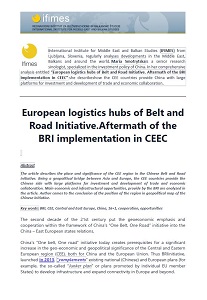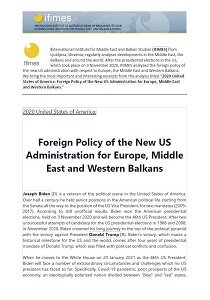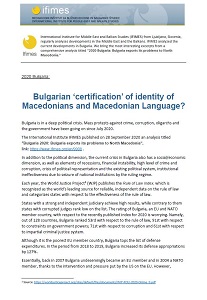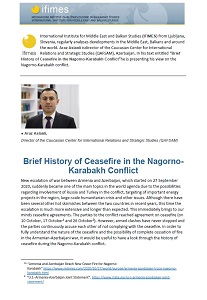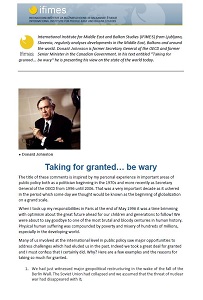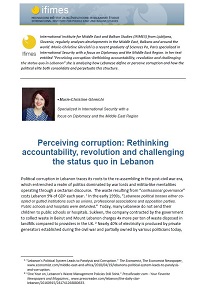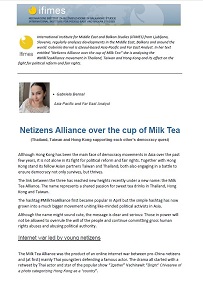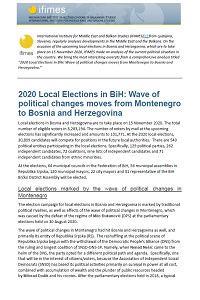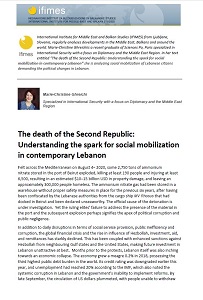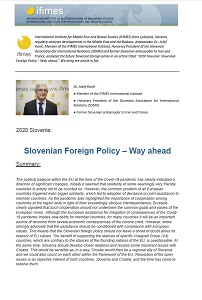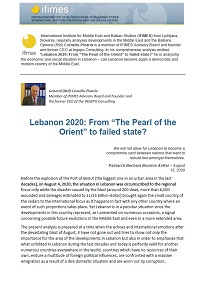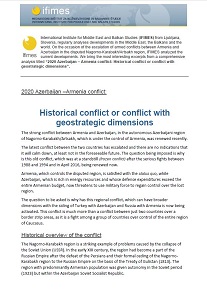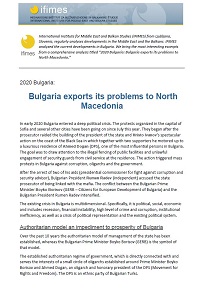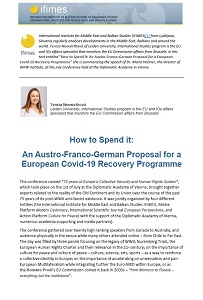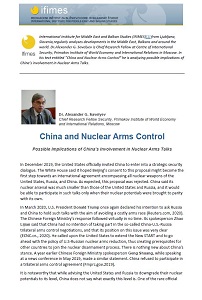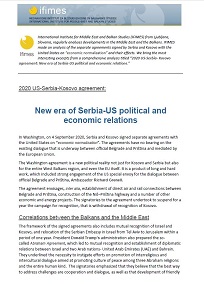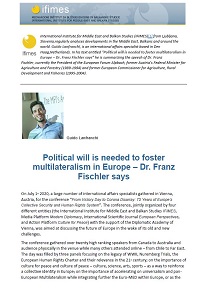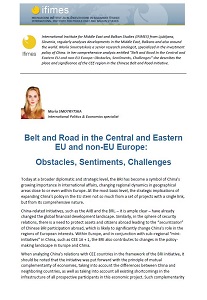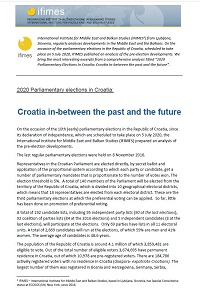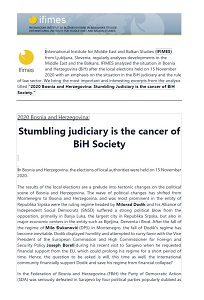
2020 Bosnia and Herzegovina: Stumbling judiciary is the cancer of BiH Society
2020 Bosnia and Herzegovina: Stumbling judiciary is the cancer of BiH Society
Keywords: 2020; BiH; judiciary; politics; conflict; reforms;
In Bosnia and Herzegovina, the elections of local authorities were held on 15 November 2020. The results of the local elections are a prelude into tectonic changes on the political scene of Bosnia and Herzegovina. The wave of political changes has shifted from Montenegro to Bosnia and Herzegovina, and was most prominent in the entity of Republika Srpska were the ruling regime headed by Milorad Dodik and his Alliance of Independent Social Democrats (SNSD) suffered a strong political blow from the opposition, primarily in Banja Luka, the largest city in Republika Srpska, but also in major economic centers in the entity such as Bijeljina, Derventa i Brod. After the fall of the regime of Milo Đukanović (DPS) in Montenegro, the fall of Dodik's regime has become inevitable. Dodik displayed humility and attempted to curry favor with the Vice President of the European Commission and High Commissioner for Foreign and Security Policy Joseph Borell during his recent visit to Sarajevo when he requested financial support from the EU, which could prolong his regime for a short period of time. Hence, the question to be asked is will, this time as well, the international community financially support Dodik and save his regime from financial collapse?
More...
